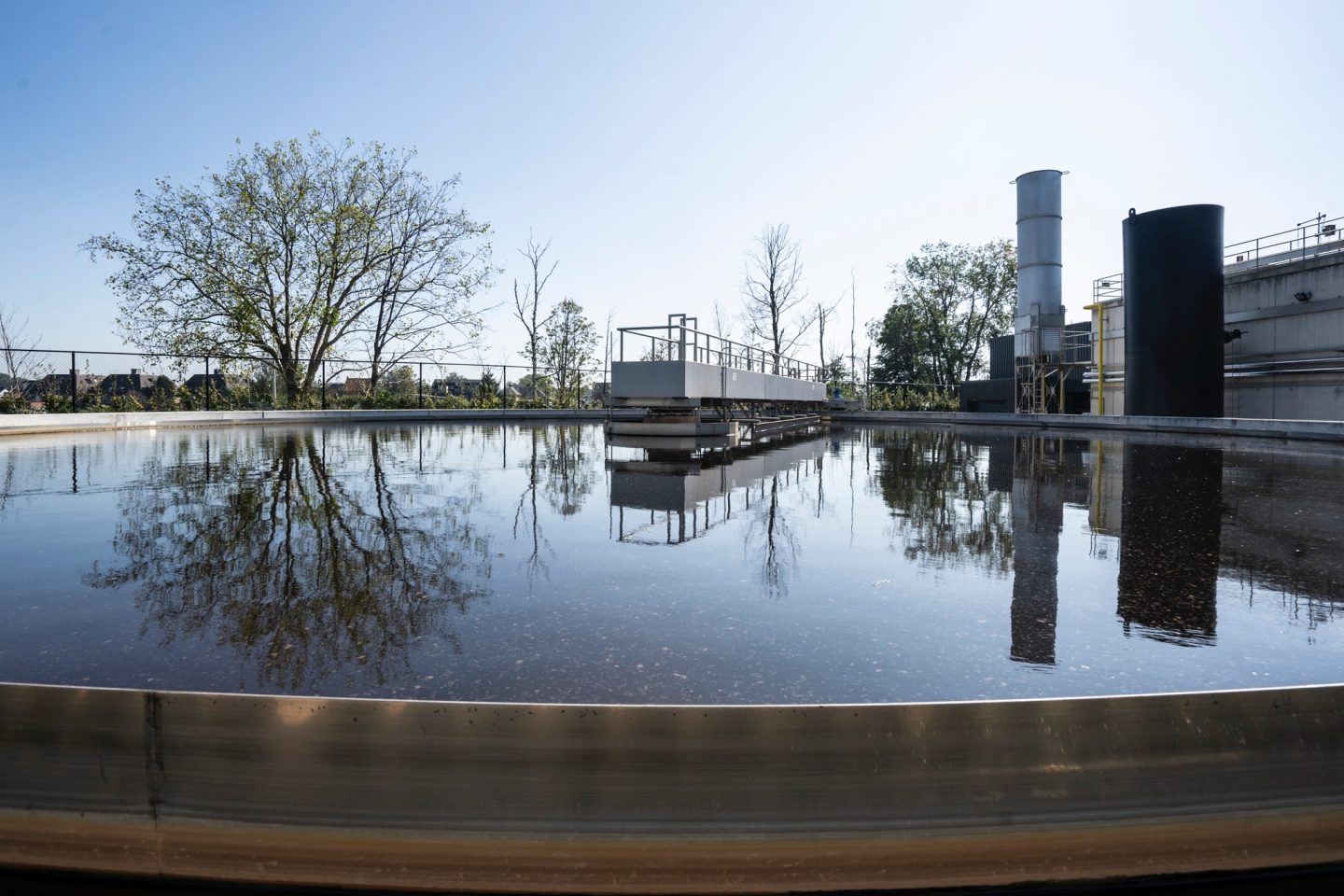Prioritizing water efficiency & recycling
As global demand increases and supply becomes uncertain, we give priority to reducing water use and recycling wherever possible.

Minimize water waste
Beer production relies heavily on water, from growing essential ingredients like barley and hops to cleaning installations, bottles, and kegs. Yet, water is a finite resource facing increasing pressure due to factors like climate change and deforestation.
We operate in countries with high baseline water stress, making it crucial for us to take responsibility for reducing our water use. In Belgium, we proudly partner with Green Deal Brewers to enhance industry-wide water management
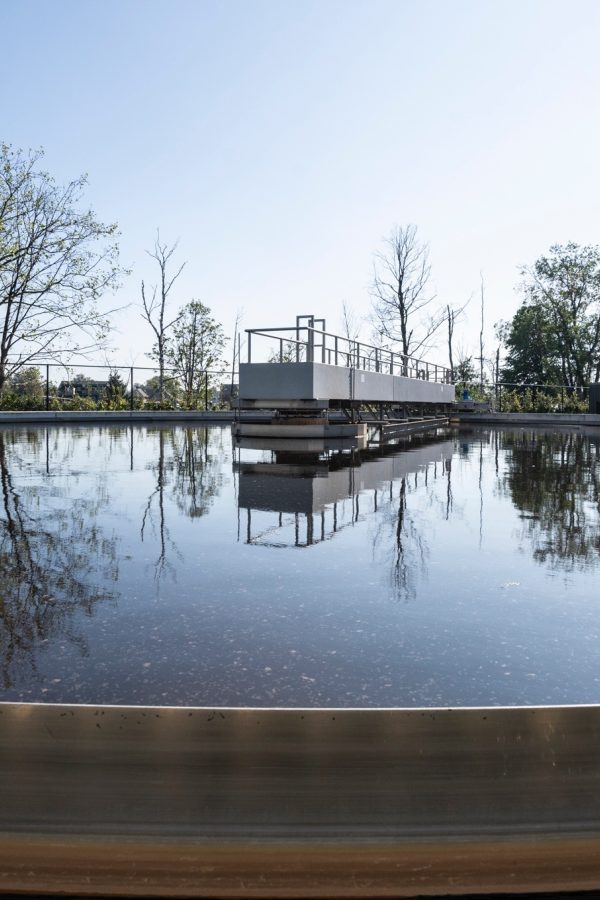
Successful past, ambitious future
In 2022, we brewed 44% more beer than in 2014, but our water consumption remained steady. This equates to a 34% reduction in water use per liter of beer compared to nine years ago.
We're proud of our recent progress, but there's more work ahead. We're committed to a 50% reduction in water consumption by 2030

34% less water needed for each liter of beer, now vs 9 years ago
Guiding principles
-
Reduce
Meticulous tracking of water use at every level allows for process optimization, consumption reduction, and the maintenance of top-quality standards in various 'reduce' projects.
-
Reuse
Prioritizing water reuse for less critical processes includes utilizing rinsed bottle water for keg and crate cleaning and recovering tank cleaning water if it meets quality standards.
-
Recycle
Efforts to divert wastewater to treatment plants, upcycle organics into biogas through anaerobic digestion, and explore advanced methods like ultrafiltration and reverse osmosis aim to move us towards water neutrality
Sustainable stories
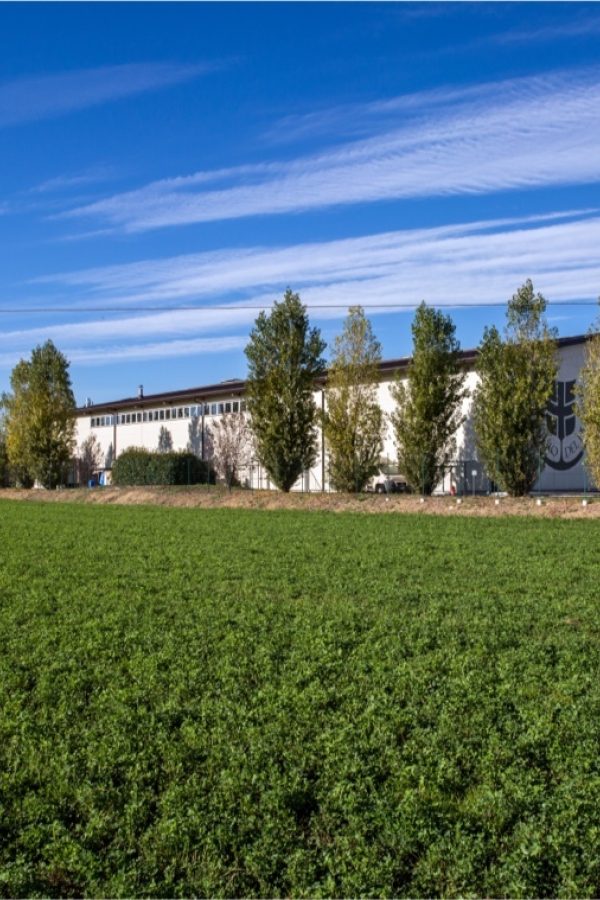
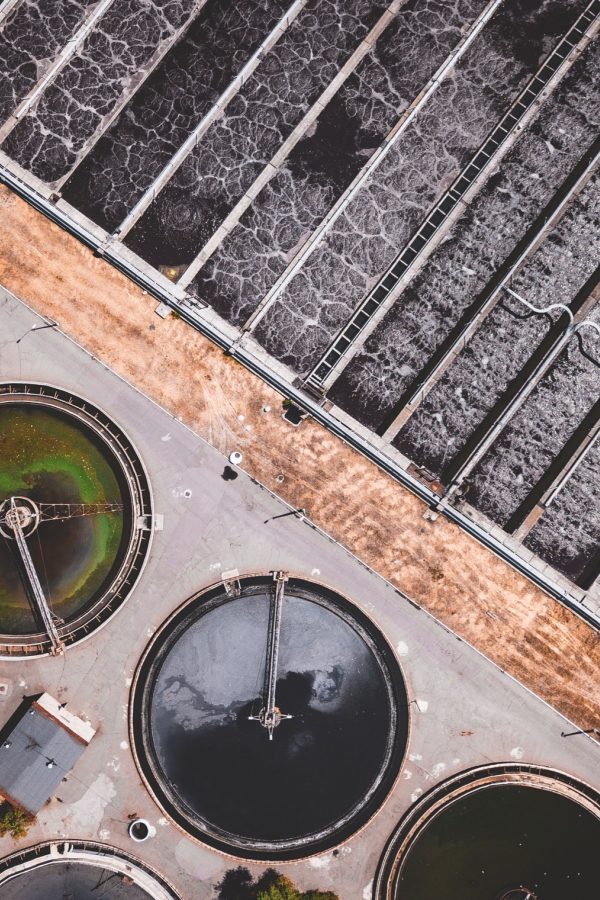
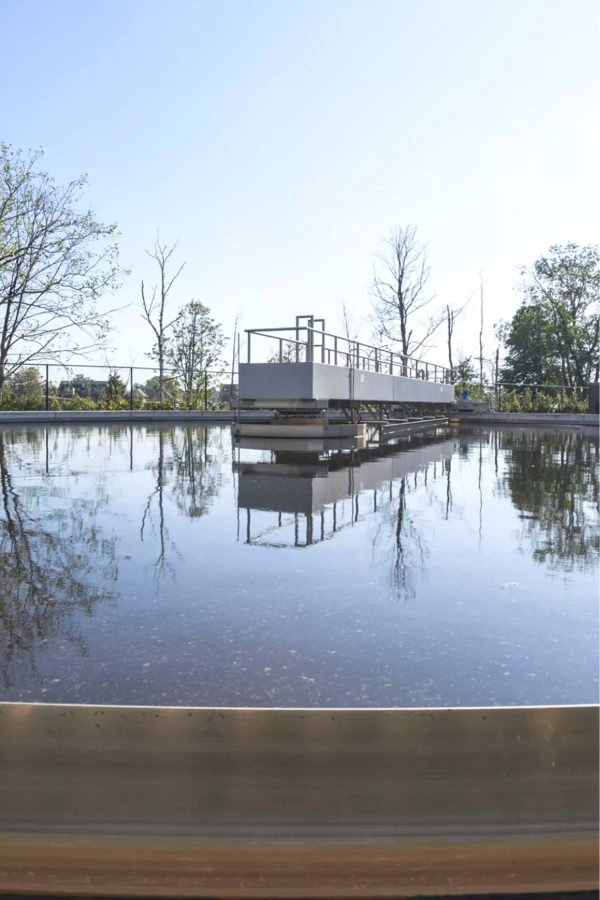

Upcoming actions
-
Optimize current wastewater treatment plant(s) and reclamation techniques.
-
Expand water redistribution networks in our factories for efficient use of treated water.
-
Engage with suppliers to enhance water-saving efforts.
-
Explore advanced water recuperation techniques and supportive industry-wide water neutrality frameworks.
